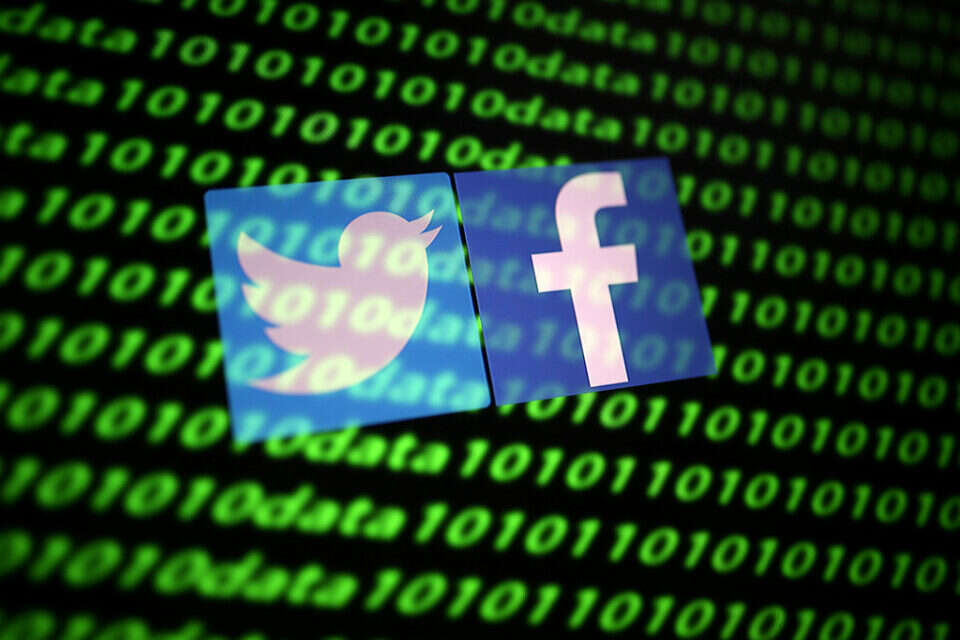Last week, the US Supreme Court announced that it will hear the case of Naomi Gonzalez, an American student who was murdered in Paris in 2015 by a terrorist affiliated with the Islamic State, and eight other similar lawsuits, including a petition filed by the Israeli organization Shurat Hadin on a similar issue. That is, soon The Supreme Court will very much discuss the critical question of the platforms' responsibility in relation to the information presented on them. At the expense of freedom of expression, the discourse on social networks has been deepening hatred and racism for years. The reason for this is related to the economic model of the platforms - provocative posts and deepening polarization increase the number of users, and are good for business.
Examples of this can be found in the current elections in Israel, where polarizing publications are receiving more attention due to the algorithm of social networks, as well as in the security context, against the background of the use of networks by terrorist organizations for the purpose of spreading their propaganda.
Until now, social networks in the US have enjoyed the immunity of "Act 230" from 1995, which states that social platforms are released from responsibility for content, and therefore lawsuits against them have been rejected. However, the new ruling is a welcome change that may create a regulatory arrangement of content and establish order and boundaries - what is allowed and what is not It is forbidden, according to the public and not economic interest, which stands behind the various platforms.
But besides the regulatory measures, there are also legislative procedures that take us a few steps back.
Recently, the US Federal Court of Appeals upheld the new social networking law, adopted by the state of Texas, which will prohibit major social networks such as Facebook, Twitter and YouTube from censoring, blocking, removing or reducing posts based on political position.
Instead of encouraging greater responsibility on the part of the social networks for the content published on them, the fear of lawsuits will lead to a chilling effect, which will reduce their involvement in content supervision.
As a result, we will have to predict how the networks will continue to serve as a fertile ground, in Texas and perhaps also in other places that will adopt similar legislation, for hatred, racism and violence.
The US and Europe are beginning to understand that social networks are not just "bulletin boards". And what is happening in Israel? The data show that two out of every three Israelis believe that the networks have a toxic effect on public discourse.
Social networks exercise significant regulatory power in the online space, but unlike government agencies, they have no democratic accountability.
Regulatory oversight by the state is necessary to bridge this gap, and encourage policies that reflect the public's values and preferences.
An important step towards regulation in Israel was made with the establishment of the advisory committee to the Minister of Communications, but it is important that the Israeli legislator complete the work.
Regulation should strive to limit on the one hand social networks from misuse, but at the same time recognize the economic incentives of content platforms.
We need to think about incentives that will cause these companies to want to promote self-control over the contents of the discourse, and not do it out of coercion.
were we wrong
We will fix it!
If you found an error in the article, we would appreciate it if you shared it with us

